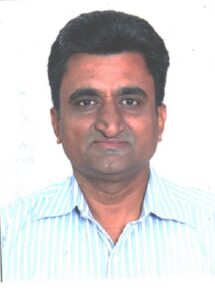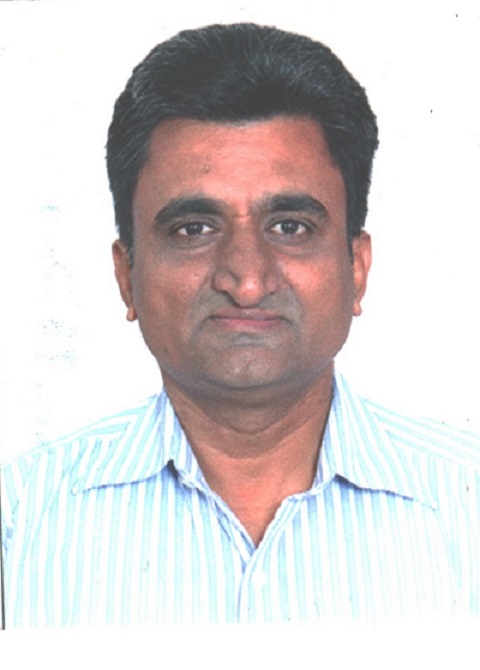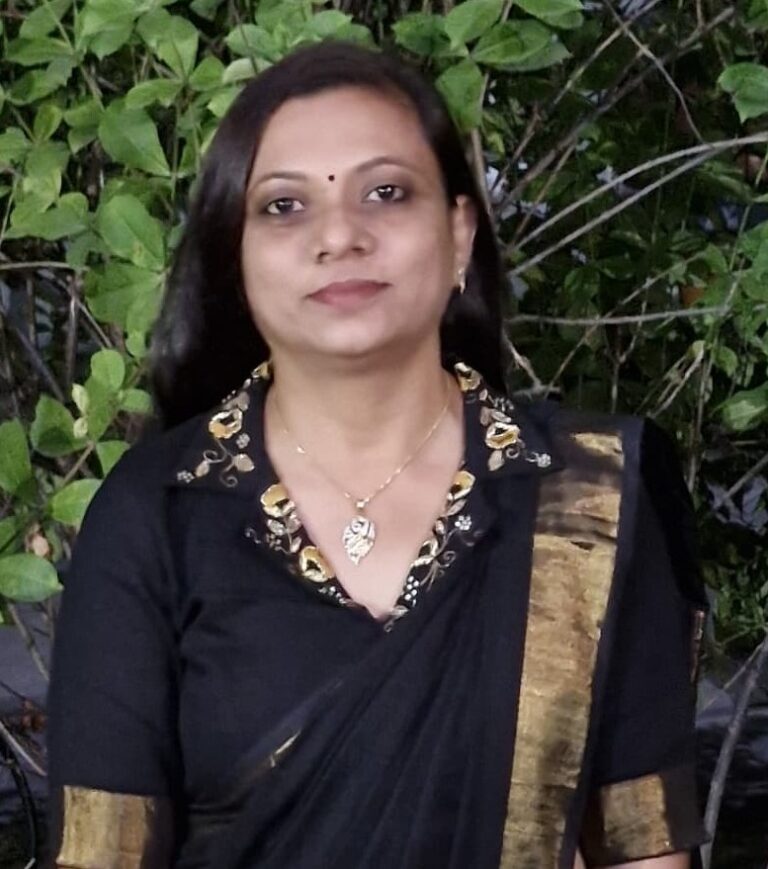Civil Engineering Department
VISION
To create competent civil engineering professionals for sustainable growth of the society
MISSION
- To impart quality education by cultivating and mentoring students to excel in the civil engineering profession.
- To enhance exposure to Civil Engineering Industries through site visits, trainings and consultancy.
- To promote life-long learning, innovations and entrepreneurship for the sustainable development of society.
Program Educational Objectives (PEOs):
PEO-1 :To prepare students with strong foundation in mathematical, scientific and engineering fundamentals that will enable them to have successful carrier in core civil and interdisciplinary industries and entrepreneurship.
PEO-2 :Civil engineering graduates will able to apply leadership qualities with strong soft skills along with professional and ethical values.
PEO-3 : Graduates will be lifelong learners and innovators for betterment of society.
Program Outcome’s
PO1 Engineering knowledge: Apply the knowledge of mathematics, science, engineering fundamentals, and an engineering specialization to the solution of complex engineering problems.
PO2 Problem analysis: Identify, formulate, review research literature, and analyze complex engineering problems reaching substantiated conclusions using first principles of mathematics, natural sciences, and engineering sciences.
PO3 Design/development of solutions: Design solutions for complex engineering problems and design system components or processes that meet the specified needs with appropriate consideration for the public health and safety, and the cultural, societal, and environmental considerations.
PO4 Conduct investigations of complex problems: Use research-based knowledge and research methods including design of experiments, analysis and interpretation of data, and synthesis of the information to provide valid conclusions.
PO5 Modern tool usage: Create, select, and apply appropriate techniques, resources, and modern engineering and IT tools including prediction and modeling to complex engineering activities with an understanding of the limitations.
PO6 The engineer and society: Apply reasoning informed by the contextual knowledge to assess societal, health, safety, legal and cultural issues and the consequent responsibilities relevant to the professional engineering practice.
PO7 Environment and Sustainability: Understand the impact of the professional engineering solutions in societal and environmental contexts, and demonstrate the knowledge of, and need for sustainable development.
PO8 Ethics: Apply ethical principles and commit to professional ethics and responsibilities and norms of the engineering practice.
PO9 Individual and team work: Function effectively as an individual, and as a member or leader in diverse teams, and in multidisciplinary settings.
PO10 Communication: Communicate effectively on complex engineering activities with the engineering community and with society at large, such as, being able to comprehend and write effective reports and design documentation, make effective presentations, and give and receive clear instructions.
PO11 Project Management and Finance: Demonstrate knowledge and understanding of the engineering and management principles and apply these to one’s own work, as a member and leader in a team, to manage projects and in multidisciplinary environments.
PO12 Life-long learning: Recognize the need for, and have the preparation and ability to engage in independent and life-long learning in the broadest context of technological change.

Warm welcome
• Our department is determined: 1. to provide the best learning environment, 2. to assure the best quality collaborative learning outcome, and 3. to ascertain overall growth of student with high competence.
• Civil Engineering is related to planning, design, construction, operations, maintenance and management of, all types of public as well as private infrastructure projects like buildings, water resources, water supply, sanitation, sewerage, treatment plants, transportation structures, systems and facilities, environmental protection, utilities, amenities and services, landscaping, towns etc.
• We have dedicated and well experienced faculty updated with technology, actively involved in preparing the students for solving complex engineering problems and for takling any socio-engineering challenges effectively.
Wishing the best learning and performance.
Prof. Vijay J. Chitaria
Head of Department, Civil Engineering

| PROF. VIJAY J. CHITARIA | |
| DESIGNATION: | ASSOCIATE PROFESSOR (HEAD OF DEPARTMENT) |
| QUALIFICATION: | M. E. CIVIL (TRANSPORTATION ENGINEERING) |
| EXPERIENCE: | 34 YEARS |
| AREA OF INTEREST: | TRANSPORTATION ENGINEERING, PLANNING, PEDAGOGY |
| Know More | |

| PROF. H. U. PATEL | |
| DESIGNATION: | ASSISTANT PROFESSOR |
| QUALIFICATION: | M.E. TRANSPORTATION ENGINEERING |
| EXPERIENCE: | 14 YEARS |
| AREA OF INTEREST: | HIGHWAY ENGINEERING |
| Know More | |

| PROF. V.H.KHOKHANI | |
| DESIGNATION: | ASSISTANT PROFESSOR |
| QUALIFICATION: | M.E. (WRE&M) |
| EXPERIENCE: | 14 YEARS |
| AREA OF INTEREST: | WATER RESOURCES ENGINEERING AND MANAGEMENT |
| Know More | |

| PROF. S. G. CHAUHAN | |
| DESIGNATION: | ASSISTANT PROFESSOR |
| QUALIFICATION: | M.TECH. |
| EXPERIENCE: | 16 YEARS |
| AREA OF INTEREST: | URBAN PLANNING |
| Know More | |

| PROF. N. R. KOTIYA | |
| DESIGNATION: | ASSISTANT PROFESSOR |
| QUALIFICATION: | ME GEOTECH |
| EXPERIENCE: | 12 YEARS |
| AREA OF INTEREST: | SOIL MECHANICS, FOUNDATION ENGINEERING |
| Know More | |

| PROF. U. R. PATEL | |
| DESIGNATION: | ASSISTANT PROFESSOR |
| QUALIFICATION: | ME STRUCTURAL ENGINEERING |
| EXPERIENCE: | 17 YEARS |
| AREA OF INTEREST: | STRUCTURAL ENGINEERING |
| Know More | |

| PROF. M. N. PRAJAPATI | |
| DESIGNATION: | ASSISTANT PROFESSOR |
| QUALIFICATION: | M.E. STRUCTURAL ENGINEERING |
| EXPERIENCE: | 7 YEARS |
| AREA OF INTEREST: | STRUCTURAL ENGINEERING |
| Know More | |
